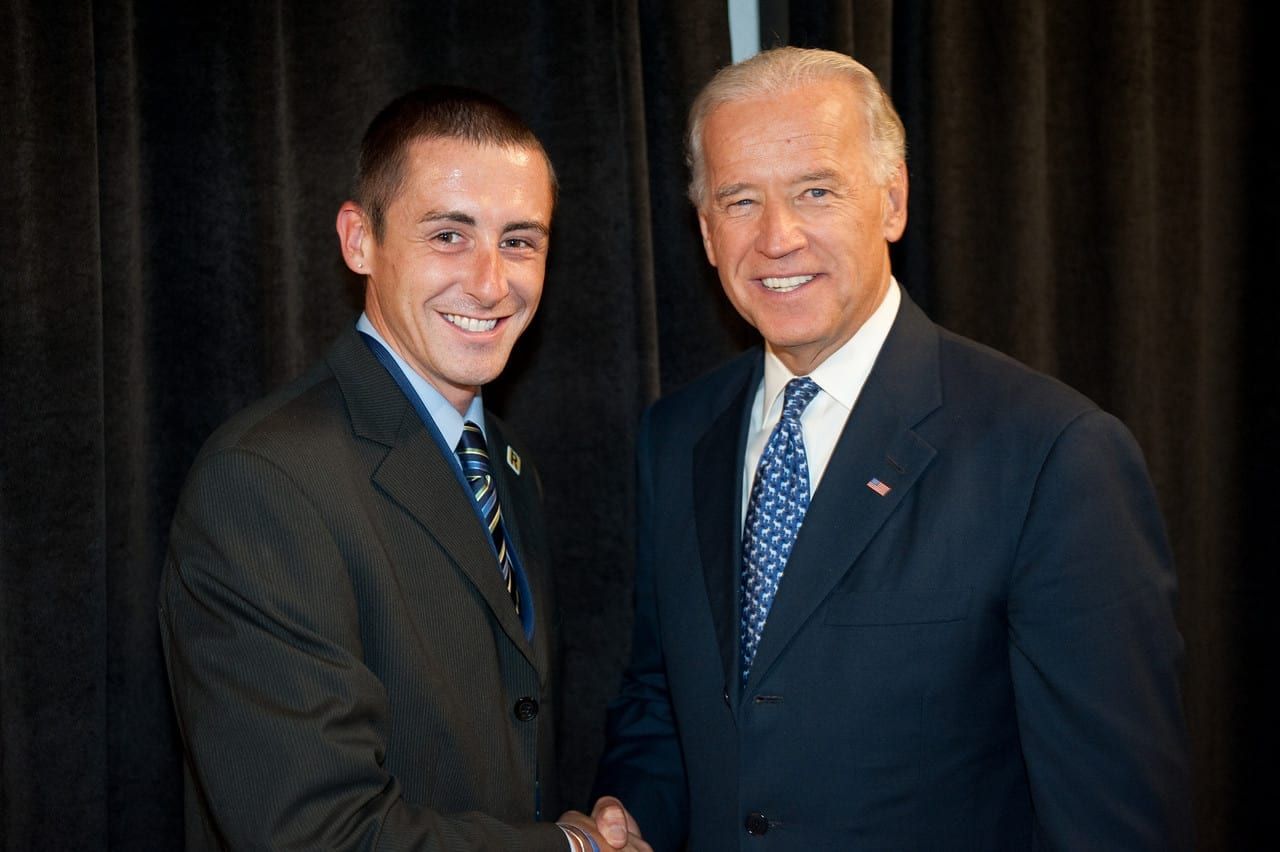Patrick Hamilton has been working in politics for over six years. Beginning as deputy director of community affairs for Governor Phil Bredesen, he found his niche in scheduling which led him to his role as director of scheduling for Vice-president Al Gore.
Now as the first out GLBT person at the director levels, Hamilton is excited about his new role as the deputy executive director for the Tennessee Democratic Party.
“We’re hoping to start a statewide GLBT caucus to have a group of volunteers that are registering voters, engaging volunteers, sending out specific information to the GLBT community, and engaging them in fundraising events,” he says of the state party’s movements to engage the gay community. “That’s kind of an untapped resource for the state party.”
One of the first things Hamilton did when joining the Tennessee Democratic Party was to start the importance of the party’s presence at Pride events during June.
“I can remember when I first came to Nashville. There was no the Democratic party [booth] at Pride,” he says. He thinks having that presence can increase voter registration and volunteer recruitment within the GLBT community. “Particularly with the kind of hot bed that Tennessee’s been in for the last year with the ‘Don’t Say Gay’ bill and all this stuff, we need to register GLBT voters and engage them in local and state races.”
To make those Pride events throughout the state, Hamilton is relying on his field directors and their staffs.
“We have a field director that’s in our office,” he explains, “and we have the state divided into six field regions. Each of those regions has somebody working. The Chattanooga area has a field director that’s working locally there, and that field director should be organizing their presence at Chattanooga Pride. In East Tennessee, somebody should be at Knoxville pride with the state party, registering voters and saying, ‘Hey, we’re here; we see you guys.’”
That increased awareness and participation within the GLBT community can enable more progressive democrats and “people that think like us” to achieve office.
“As a community, we can’t just sit back and say, ‘Oh, it’s really bad that we can’t get married and we don’t have these rights and the reps are talking about us this way,’” Hamilton says. “We have to get up and mobilize and volunteer and engage. I think that starts with local elections.
“We didn’t get in this position with one seat away from a super-minority in the [Tennessee State] House overnight,” he continues. “It took a long time for the pendulum to swing from Democrat to Republican, and I don’t think we’re going to change and regain control of the House and Senate overnight. That’s going to take time. I think that happens one election at a time.”
Hamilton also explains the same efforts are being placed on the women’s, Hispanic and, especially, the faith-based communities, all of which are represented within the GLBT constituency group.
“When talking about engaging the faith-based community, people think that’s more of a Republican talking point,” he says, “but I think that Democrats are faith leaders, too. We go to church, and we worship just like everybody else. I don’t think that’s a Democrat or a Republican issue. I think sometimes Republicans have done a better job at talking about it.”
To move the state forward, the Tennessee Democratic Party has to go in a new direction. Hamilton says there are three ways to achieve this goal:
- To be strong and effective at the grassroots level
- To aggressively define its opponents and defend its Democratic principles
- To be an inclusive, values-based party.
Hamilton also explains how everyone inside the Democratic “tent” can work together make those things happen.
“The democratic party is [like] a big tent,” he says, “and we have room for people within our party, faith leaders and everybody, to agree and disagree yet still respect one another. I feel like the Republican party is a much smaller tent.” The President knows that, he adds, and coming out in favor of same-sex marriage should not have a negative impact on his chances for reelection.
As the first gay deputy executive director, Hamilton feels a large amount of excitement in his new role rather than pressure.
“For me, it’s like, ‘Wow, the state party really is talking about GLBT issues, and they’re serious about them,’” he says. “We’re at a place and time where somebody can be the deputy director of a state party...in the South...in Tennessee...and be an out gay man — that’s huge! Five years ago, I don’t know that that would have been received well in Tennessee, even by Tennessee democrats. I’m excited about the step in that direction.”
